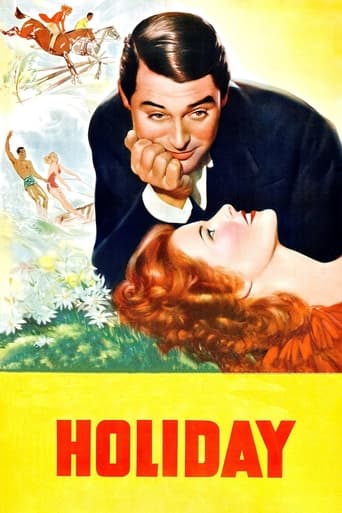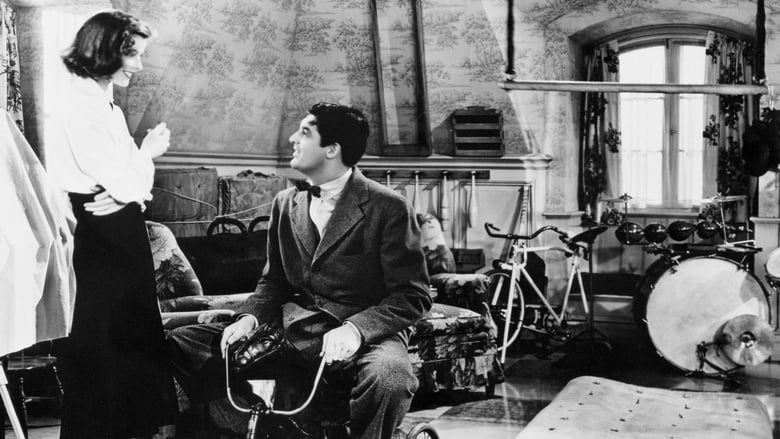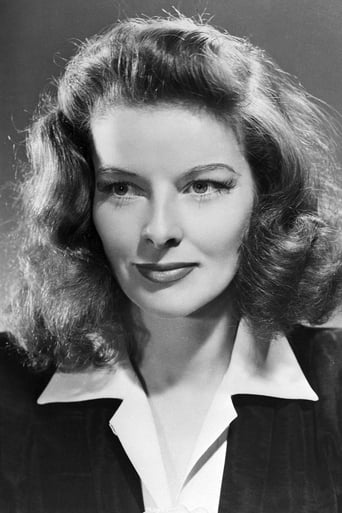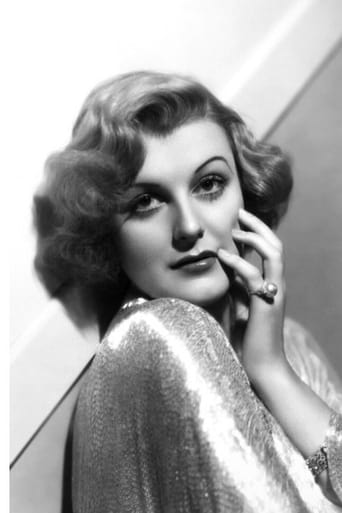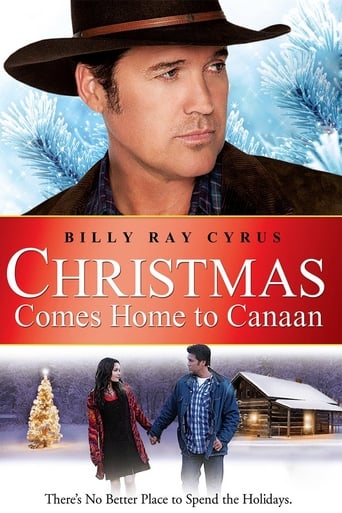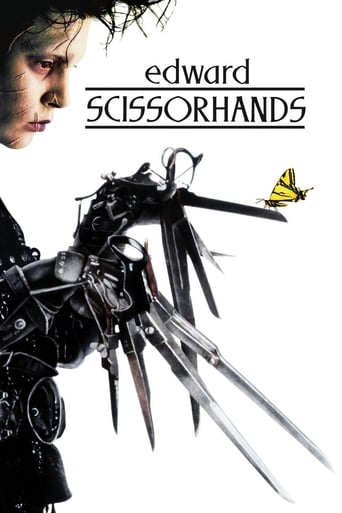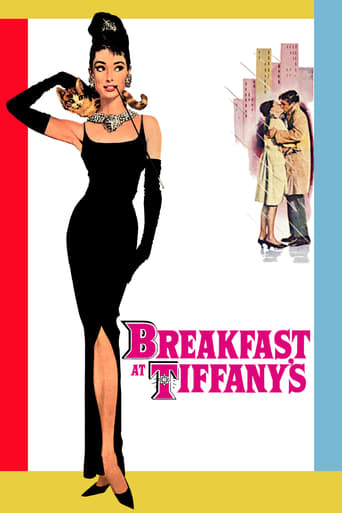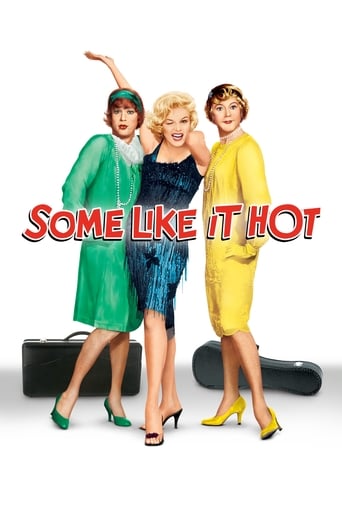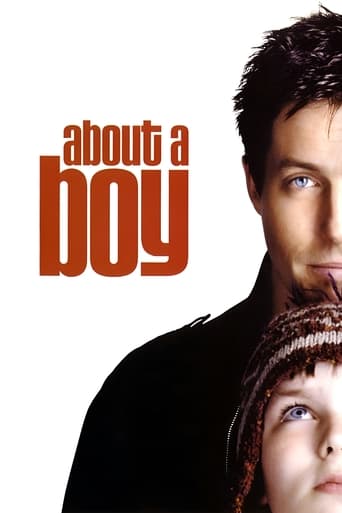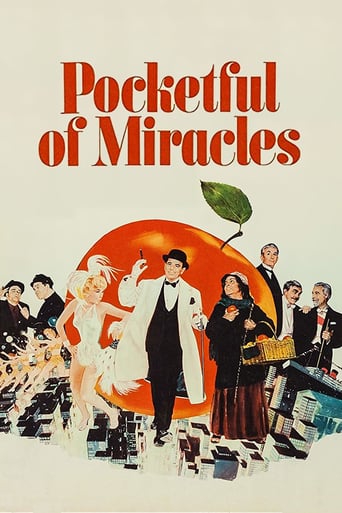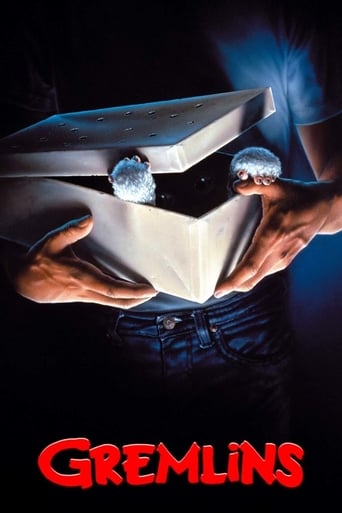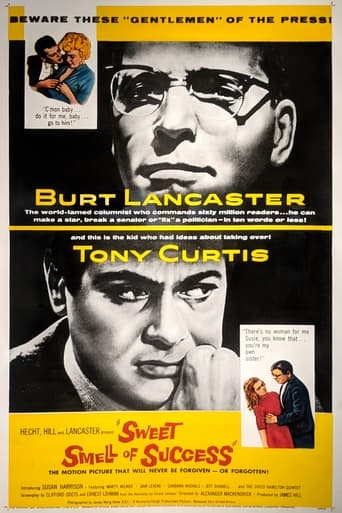Holiday (1938)
Johnny Case, a freethinking financier, has finally found the girl of his dreams — Julia Seton, the spoiled daughter of a socially prominent millionaire — and she's agreed to marry him. But when Johnny plans a holiday for the two to enjoy life while they are still young, his fiancée has other plans & that is for Johnny to work in her father's bank!
Watch Trailer
Free Trial Channels
Cast


Similar titles
Reviews
How sad is this?
Good concept, poorly executed.
Although it has its amusing moments, in eneral the plot does not convince.
This film is so real. It treats its characters with so much care and sensitivity.
This is one of the movies I consistently try to introduce people to; a relatively unknown yet tremendously rewarding viewing experience. The script is remarkably intelligent and witty, yet, not at all mannered or artificial - the characters fully justify the lines. This is one of Cary Grant's very best performances, and one of Katherine Hepburn's; the chemistry between them is striking, far beyond the better-known (also excellent) The Philadelphia Story, and worlds beyond (charming but far more lightweight) Bringing Up Baby. The key is the directing, of course, plus one of their best scripts - or anyone's. They and Lew Ayres, especially, make you feel strongly for them, and supporting characters Doris Nolan, Edward Everett Horton, Henry Kolker and Jean Dixon make significant contributions. The overall arc of the story is somewhat predictable, but the details are wonderful. You do not want to miss a word, a facial expression, a nuance, from beginning to end.
In the opening scene a young man named Johnny Case announces to his friends Nick and Susan Potter that he has fallen in love with a girl named Julia and that they are engaged to be married, although he admits that knows very little about her or her family background. In Scene 2 Johnny visits Julia's home and is astounded to discover that the address she has given him is a luxurious mansion and that her family are obviously extremely wealthy.And then in Scene 3 we get to see Julia for the first time and we immediately realise (if we know something about the conventions of the Hollywood romantic comedy) exactly how the story is going to play out. The clue lies in those words in the opening credits, "starring Katharine Hepburn". And Hepburn does not play Julia. (She is played by a lesser-known actress called Doris Nolan).Big-name movie stars have always disliked playing losers in love, so the general rule in all romantic comedies involving a love triangle is "First name above the title gets the girl". Or, in this case, the boy. If a rom-com stars two actors of the magnitude of Katharine Hepburn and Cary Grant we know that they are going to end up together. Nobody was ever going to make a film in which Kate loses her man to the milk-and-water Doris Nolan, so we just know that Johnny and Julia are going to split up for some reason so that he can get together with Hepburn's character, who is soon revealed to be Julia's sister, Linda. We just have to wait and see how this is going to be accomplished.The title "Holiday" has two meanings. It refers to the fact that the action takes place over the Christmas/New Year holiday season. On the other hand it also refers to Johnny's plans for his future. He is a self-made man from relatively humble origins who has done well in business and made a considerable amount of money for himself, although he is nowhere near as rich as Julia's family. He intends to take a "holiday" from work after his marriage so that he can decide what he really wants to do with his life (which may not involve making money). Julia's autocratic banker father Edward is impressed with Johnny's success, so much so that he is prepared to overlook Johnny's humble background, something which under normal circumstances would have ruled him out as Edward's son-in-law. He is not, however, impressed by Johnny's plan for a "holiday from work". To Edward nothing is more important than making money, and he already has plans to use Johnny's talents in the services of his banking business.More importantly, Julia is not impressed by Johnny's plans either, as she is a conformist who sees eye-to-eye with her father about most matters, especially the importance of money as the be-all and end-all of life. Linda, however, is portrayed as a free spirit and a rebel against her privileged background, a girl who instinctively sees Johnny as a kindred soul. No prizes for guessing who he ends up with.Although the film was generally well received by the critics when it came out in 1938, it did not do well at the box-office, probably because America was only just starting to emerge from the Great Depression, and in a period of widespread poverty and unemployment audiences found it difficult to understand or sympathise with a man who would voluntarily walk away from a job which would assure him wealth and security for life. The movie was a remake of one from 1930, and both were based upon a stage play from the pre-Depression boom era of the Roaring Twenties. (As, however, Johnny gives his date of birth as July 1908 and his age as 30, we can date the action of the film to December 1938 and January 1939).This was one of four films Hepburn and Grant made together, the others being "Sylvia Scarlett", "Bringing Up Baby" and "The Philadelphia Story". All of these, apart from "Bringing Up Baby", were directed by George Cukor. Hepburn and Grant were practised romantic comedy stars and do enough to make "Holiday" still worth watching nearly eighty years on, but it lacks the depth of "The Philadelphia Story" or the screwball zaniness of "Bringing Up Baby". (I have never seen "Sylvia Scarlett"). It relies too much on a predictable plot and well-worn clichés about how wealth does not lead to happiness and how money can't buy me love. And, yes, that was a cliché long before the Beatles pressed it into service as a song title. 6/10
An excellent Hollywood chamber drama. Cary Grant plays an investor who dreams of saving enough money for early retirement, and then discovering his real purpose in the world. He's set to marry the daughter of a banking tycoon for whom the accumulation of wealth is everything. Almost completely set within the family's sprawling mansion, the film is essentially composed of two extended set-pieces consisting of Grant's efforts to gain the father's marriage blessing and the ensuing New Year's Eve celebration. Grant gradually learns that his fiancée is very similar to her father, but the other sister (Katharine Hepburn) finds in him a kindred spirit, and a drunkard brother (Lew Ayres) encourages their budding infatuation. There's quite a lot of pleasant humor, but also a palpable sense of deep-seated resentment and stifled dreams that play out against a well-defined family dynamic. Most beautiful are the scenes set within a rustically designed room—an escape from the father's unwavering stoicism—viewed by the estranged characters as a revivifying place where the real living happens, divorced as it is from crippling bourgeois expectations. Cukor's economical direction makes the most of the geography of several rooms and Donald Ogden Stewart's screenplay is particularly attuned to the broken relationship between the old-fashioned father and Hepburn's free-thinking dreamer, as incisively drawn here as in The Philadelphia Story. Highly recommended.
I saw Holiday as a fan of Cary Grant and of Katharine Hepburn, and like I did with Bringing Up Baby and The Philadephia Story, I loved it, from start to finish Holiday is quite simply magical entertainment. CINEMATOGRAPHY/PRODUCTION VALUES The cinematography for films made around this period, before and after and for this genre, often looks wonderful and holds up well. Holiday is no exception to the rule, while the costumes and sets add to Holiday's charm. MUSIC As an aspiring professional singer and music enthusiast I always look for good music. An uncredited Sidney Cutner provides the music here, and he does do a very good job. The music is memorable and fitting, and does have a somewhat timeless heart warming quality to it. STORY The story for Holiday is a very sweet and heart warming one. While things do get a tad overstated at the end, throughout George Cukor(who does a superb job directing this film) makes the story and situations upbeat and entertaining.SCREENPLAY Aside from the acting, the screenplay is what makes Holiday work so well, as it expertly mixes comedy, romance, social comment and pathos. The comedy is genuinely funny, the romance is sweet and warm, the social comment is relevant and done in a non-offensive way and the pathos is poignant. ACTING Holiday does have a superb support cast, with Doris Nolan, Edward Everett Horton and Lew Ayres particularly standing out. But for my money, the film's best asset is the performances and chemistry of the leads. Cary Grant is at his most charming and his most thoughtful, and I have yet to see a film of hers where Katharine Hepburn is as touching and as beautiful as she is here even playing the rich-girl character that we have seen before. And their chemistry sparkles like champagne bubbles. All in all, I think this film is wonderful. 10/10 Bethany Cox

